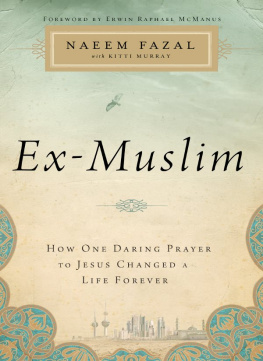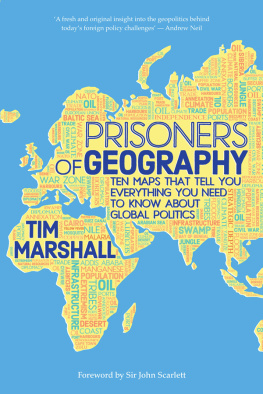Tanisha M. Fazal - State Death: The Politics and Geography of Conquest, Occupation, and Annexation
Here you can read online Tanisha M. Fazal - State Death: The Politics and Geography of Conquest, Occupation, and Annexation full text of the book (entire story) in english for free. Download pdf and epub, get meaning, cover and reviews about this ebook. year: 2007, publisher: Princeton University Press, genre: Politics. Description of the work, (preface) as well as reviews are available. Best literature library LitArk.com created for fans of good reading and offers a wide selection of genres:
Romance novel
Science fiction
Adventure
Detective
Science
History
Home and family
Prose
Art
Politics
Computer
Non-fiction
Religion
Business
Children
Humor
Choose a favorite category and find really read worthwhile books. Enjoy immersion in the world of imagination, feel the emotions of the characters or learn something new for yourself, make an fascinating discovery.
- Book:State Death: The Politics and Geography of Conquest, Occupation, and Annexation
- Author:
- Publisher:Princeton University Press
- Genre:
- Year:2007
- Rating:3 / 5
- Favourites:Add to favourites
- Your mark:
- 60
- 1
- 2
- 3
- 4
- 5
State Death: The Politics and Geography of Conquest, Occupation, and Annexation: summary, description and annotation
We offer to read an annotation, description, summary or preface (depends on what the author of the book "State Death: The Politics and Geography of Conquest, Occupation, and Annexation" wrote himself). If you haven't found the necessary information about the book — write in the comments, we will try to find it.
Tanisha M. Fazal: author's other books
Who wrote State Death: The Politics and Geography of Conquest, Occupation, and Annexation? Find out the surname, the name of the author of the book and a list of all author's works by series.
State Death: The Politics and Geography of Conquest, Occupation, and Annexation — read online for free the complete book (whole text) full work
Below is the text of the book, divided by pages. System saving the place of the last page read, allows you to conveniently read the book "State Death: The Politics and Geography of Conquest, Occupation, and Annexation" online for free, without having to search again every time where you left off. Put a bookmark, and you can go to the page where you finished reading at any time.
Font size:
Interval:
Bookmark:
OF CONQUEST, OCCUPATION, AND ANNEXATION
Tanisha M. Fazal.
ISBN-10: 0-691-12986-X (hardcover : alk. paper)
ISBN-13: 978-0-691-13460-4 (paperback : alk. paper)
ISBN-10: 0-691-13460-X (paperback : alk. paper)
1. GeopoliciticsHistory20th century. 2. Political geography. 3. Buffer states. 4. Sovereigntyhistory. I. Title.
327.117 dc22
Printed on acid-free paper.

press.princeton.edu
Introduction
Definitions and Patterns
Location, Location, and Timing
Quantitative Analysis of State Death
Buffer State Death and Survival Prior to 1945
Resurrection
State Death and Intervention after 1945
Conclusion
of the Interstate System
Font size:
Interval:
Bookmark:
Similar books «State Death: The Politics and Geography of Conquest, Occupation, and Annexation»
Look at similar books to State Death: The Politics and Geography of Conquest, Occupation, and Annexation. We have selected literature similar in name and meaning in the hope of providing readers with more options to find new, interesting, not yet read works.
Discussion, reviews of the book State Death: The Politics and Geography of Conquest, Occupation, and Annexation and just readers' own opinions. Leave your comments, write what you think about the work, its meaning or the main characters. Specify what exactly you liked and what you didn't like, and why you think so.







